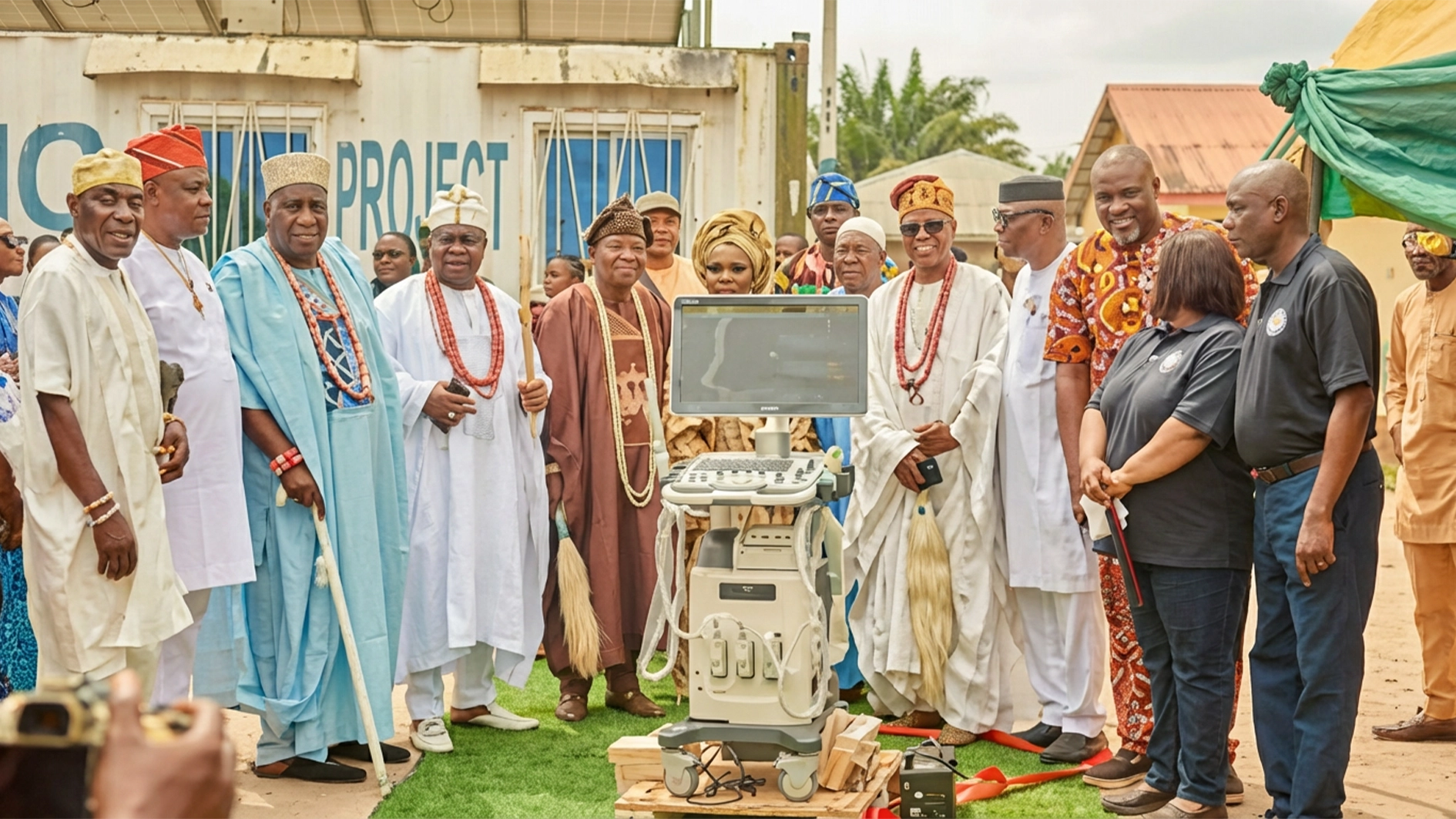In an era where artificial intelligence is transforming industries from healthcare to finance, a Nigerian scholar is contributing groundbreaking research that is reshaping collaborative learning in education.
Tochukwu Eze, a doctoral researcher in Computer Science at Northwestern University, USA, is pioneering AI-powered educational development tools that enhance how students learn and collaborate in classrooms.
Mr. Eze’s research tackles some of the most pressing challenges in education today: poor student engagement, ineffective group learning, and the lack of personalized feedback systems. His work centers on developing intelligent learning analytics systems that detect how students interact in team-based environments, analyze their behavioral and cognitive engagement, and deliver real-time, actionable feedback to improve learning outcomes and workforce preparedness.
At the heart of this effort is the Collaboration Literacy Learning Analytics System (CLLAS)—an AI-based framework that integrates gaze tracking, facial emotion recognition, and audio analysis to monitor how students collaborate during group tasks. By analyzing these rich data streams, CLLAS provides a deeper understanding of student dynamics that traditional assessments often miss, allowing educators to intervene early and meaningfully.
One of Mr. Eze’s most innovative contributions is the development of AI-driven cartoonification, a privacy-preserving technology that allows video-based analytics while anonymizing student identities. This technique is especially impactful in educational settings where data ethics and student privacy concerns are prominent. By balancing deep insight with ethical data handling, the technology enables a more inclusive and trustworthy digital learning environment.
Mr. Eze’s work is not limited to technical development; it responds directly to global educational equity challenges. While his research is anchored in a top U.S. institution, it is particularly relevant for education systems in Africa, where issues such as overcrowded classrooms, limited access to quality feedback, and disengaged learners persist. His solutions are designed to be scalable, context-aware, and adaptable to resource-constrained environments, designed to be adaptable for education systems across Nigeria and other resource-constrained settings.
In Nigeria, where education systems are under pressure to modernize, Mr. Eze’s research offers timely interventions. By equipping educators with data-driven tools and enabling students to develop critical 21st-century skills such as collaboration, problem-solving, and digital fluency, his work contributes to national goals in STEM advancement, workforce readiness, and education reform.
As his research garners attention in the U.S. and abroad, Mr. Eze also advocates for increased cross-continental collaboration between African and Western institutions to bridge the innovation gap and accelerate responsible AI deployment in education.
From building educational platforms at Nnamdi Azikiwe University to conducting cutting-edge research at Northwestern, Tochukwu Eze demonstrates how technical expertise can advance educational innovation and inclusion. His work offers a powerful vision for the classroom of the future: intelligent, inclusive, and designed for a connected world.






